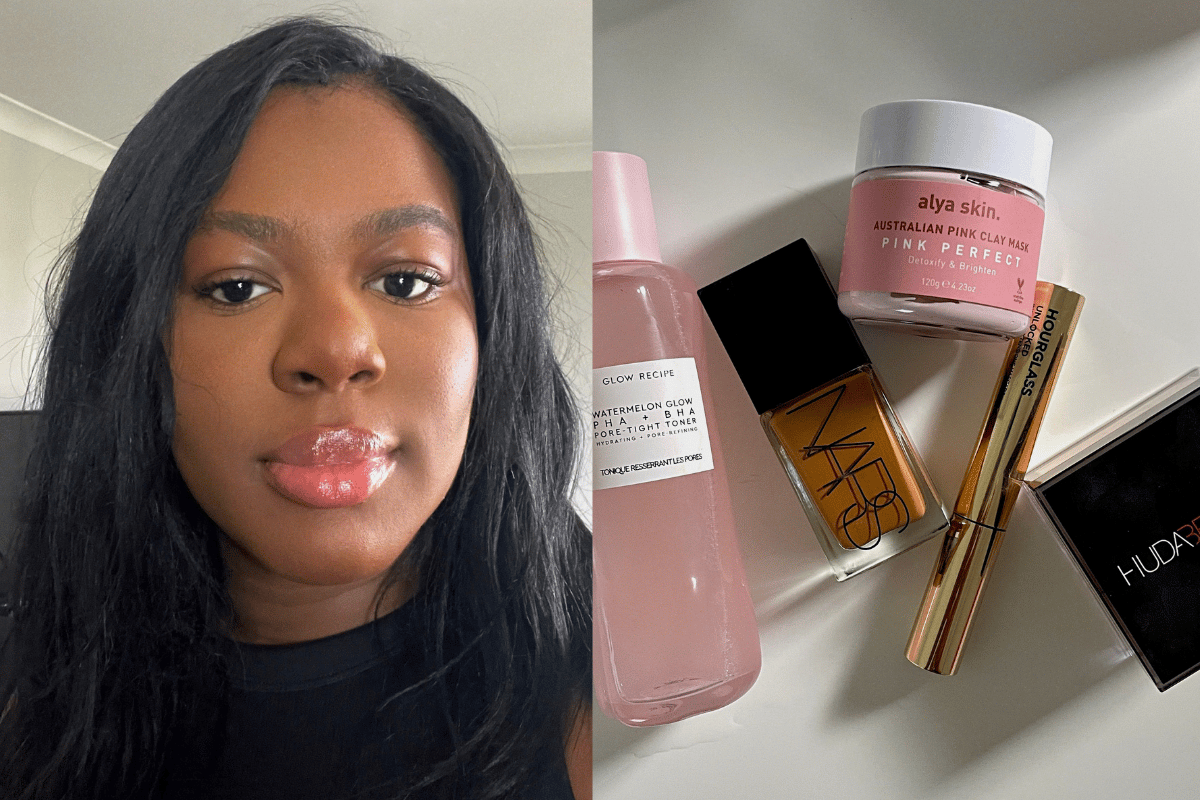
Believe me: The hype is not real. My overflowing cosmetic bag and bathroom drawer full of viral TikTok beauty products I don’t use are proof of that fact.
Scrolling through TikTok’s ‘For You’ feed, it’s impossible to go five videos without yet another beauty product being endorsed as an absolute must-have.
As an elder Gen-Zer (on the cusp of millennial and Gen-Z), I’ve seen social media channels like Instagram and YouTube go from platforms that played a significant role in connecting family, friends and community across the globe in a meaningful way, to becoming #sponcon (sponsored content) infested.
Love it or hate it, social media has a powerful impact on purchasing habits. Algorithms, targeted ads, and sponsored content inundate us with an overwhelming flow of constant marketing.
But post-pandemic, as consumers became more switched on, they started to make more informed buying decisions.
Many of us took the opportunity to reassess our priorities and make changes in our lives, including our approach to beauty.
Watch: 'I tried the lube makeup trick. And the results kinda surprised me.' Post continues below.
I overhauled my usual beauty rituals, and less became more. My beauty principles were renewed as I shifted my focus towards values like sustainability, quality, and affordability.